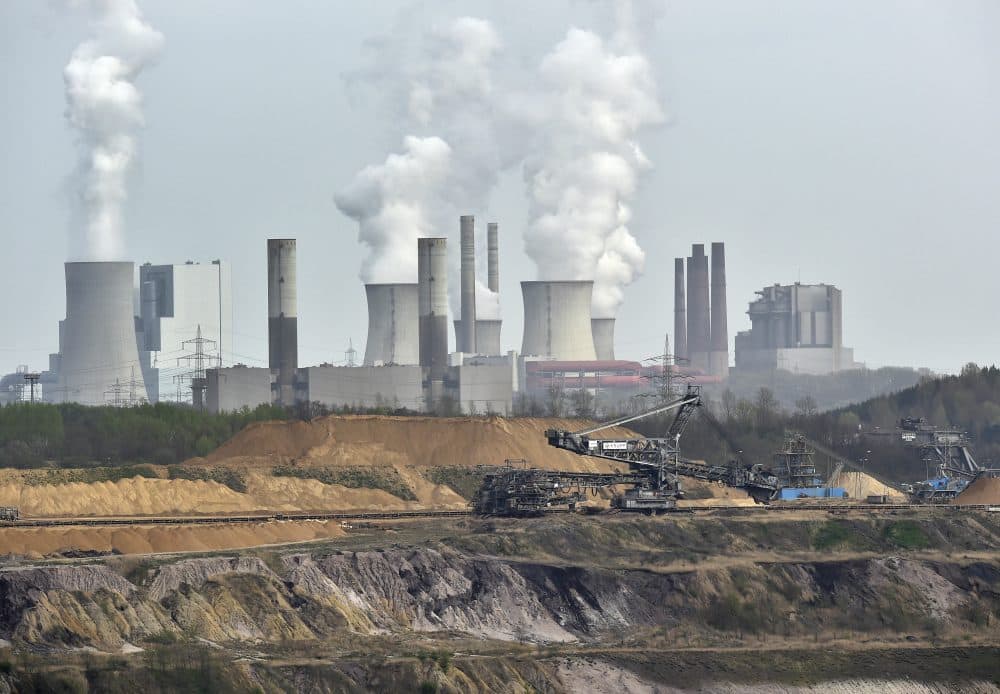Advertisement
What Would A U.S. Withdrawal Mean For The Paris Climate Accord?
Resume
By many accounts, President Trump is nearing a final decision to pull the United States out of the Paris climate agreement. He has not made it official yet.
The Washington Post is reporting that the decision is dividing the administration. Chris Mooney wrote, "Ivanka Trump and Secretary of State Rex Tillerson have urged the president to remain in the deal, and White House strategist Stephen K. Bannon and Environmental Protection Agency Administrator Scott Pruitt have been pushing for a withdrawal."
But regardless of what Trump decides, it will be an act of American leadership — one that is rather different than the one President Obama celebrated two years ago when the Paris climate accord was first negotiated.
Then, he said, "Together, we've shown what's possible when the world stands as one. Today, the American people can be proud, because this historic agreement is a tribute to American leadership."
Now, our eyes turn to the Paris agreement itself — what is lost, and perhaps what may be gained, if the U.S. does pull out of the accords.
Guest
Brian Deese, senior fellow at Harvard's Kennedy School, and former senior adviser to Obama. He tweets @BrianCDeese.
This article was originally published on May 31, 2017.
This segment aired on May 31, 2017.